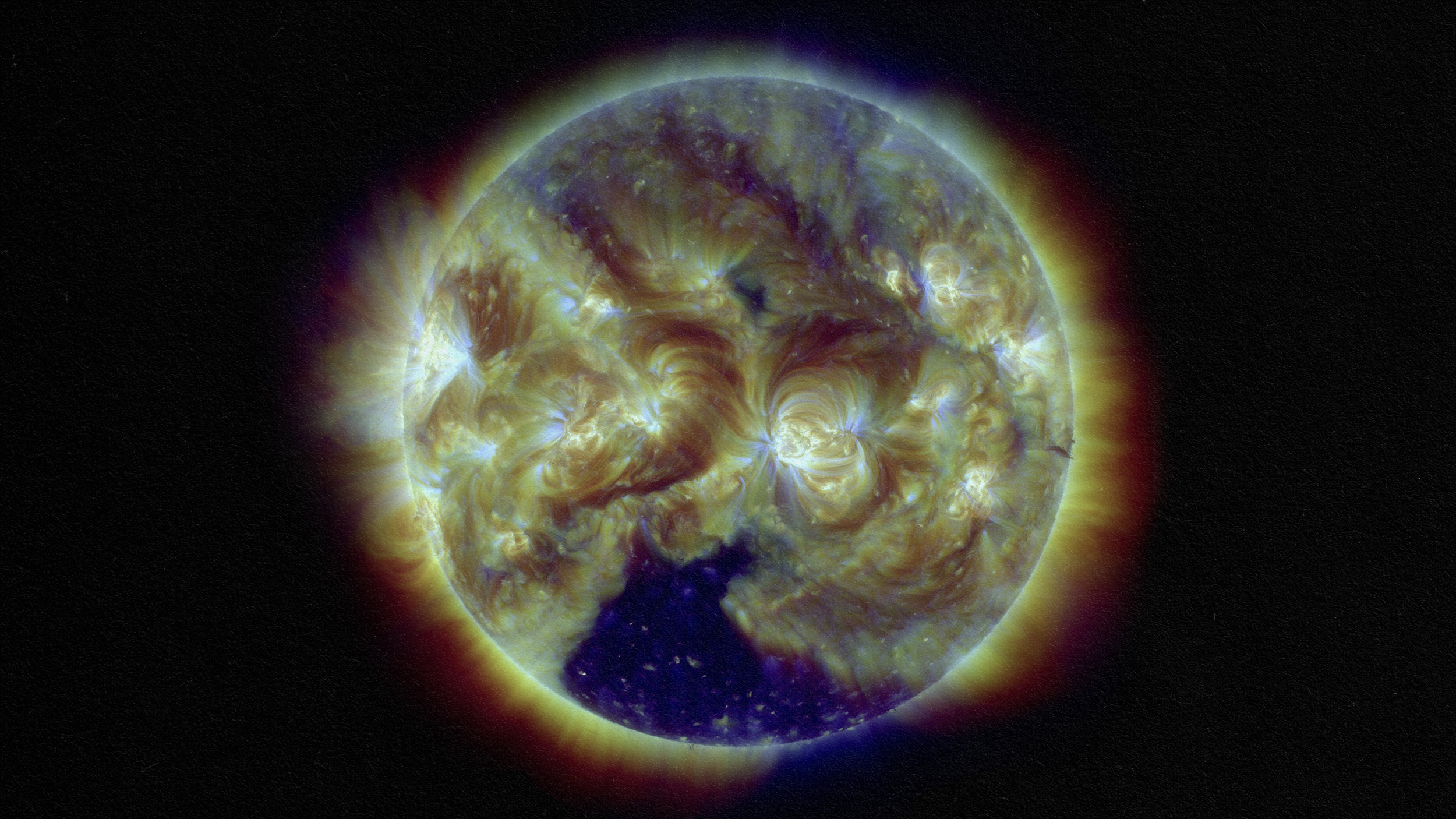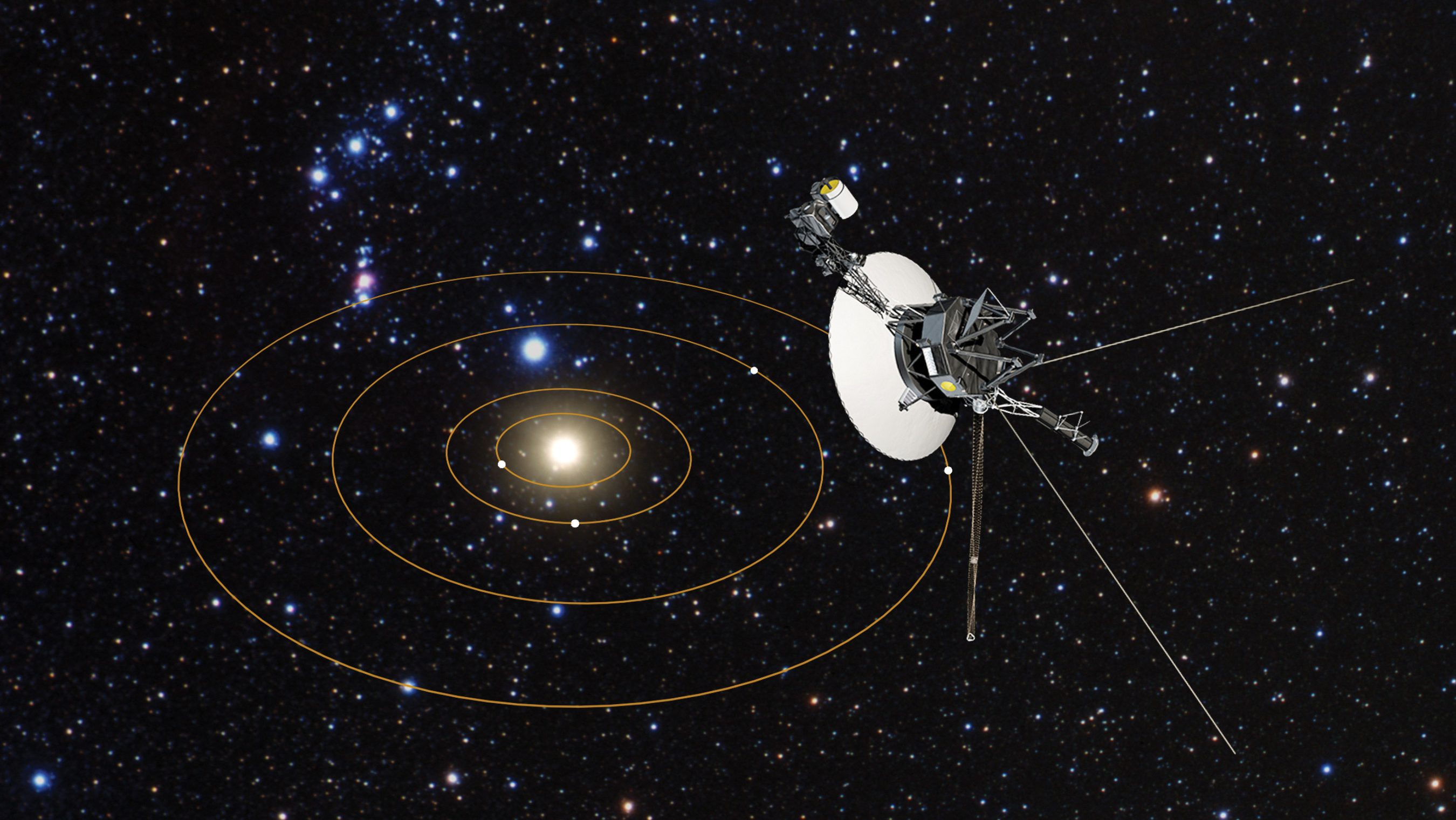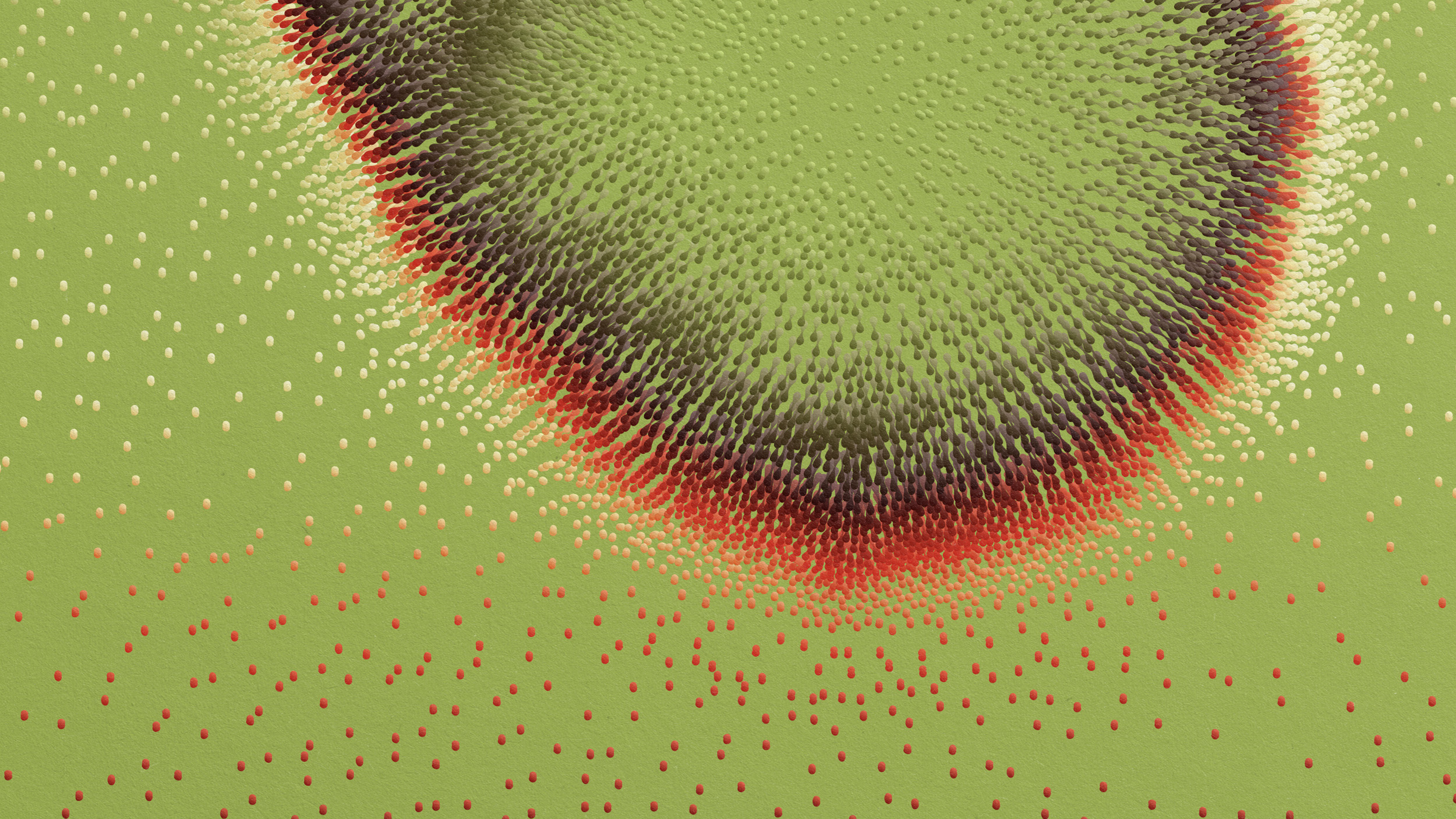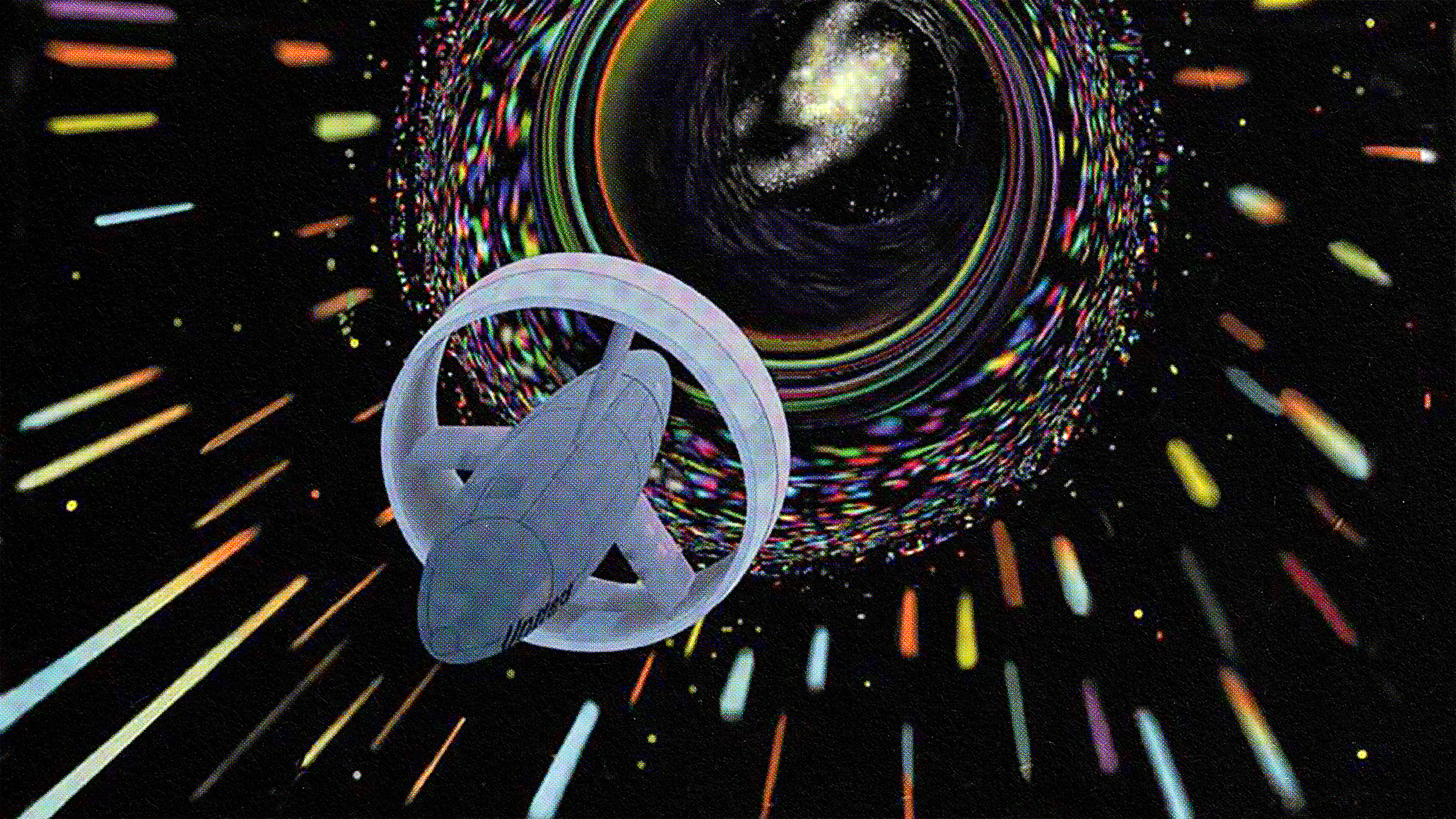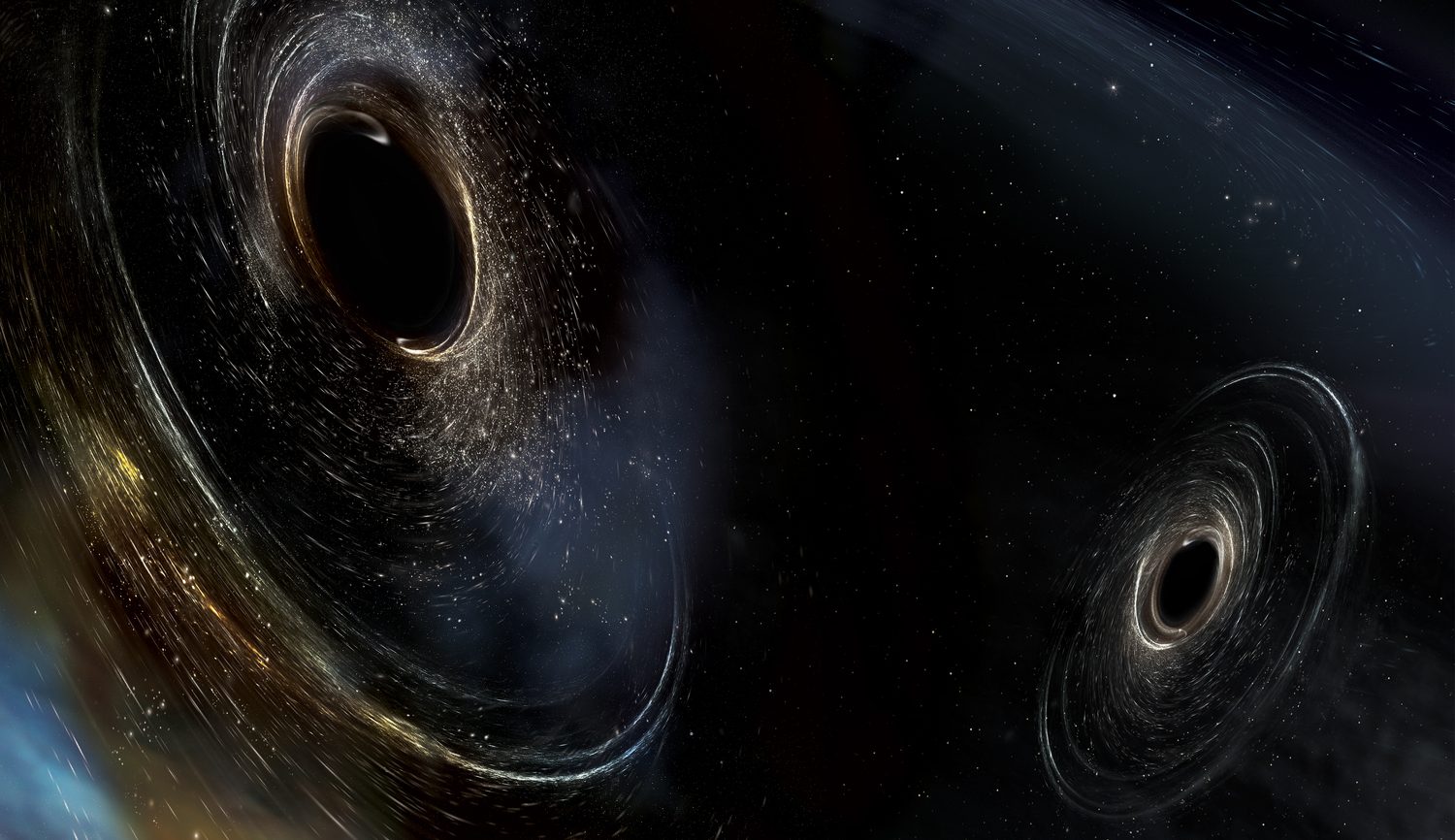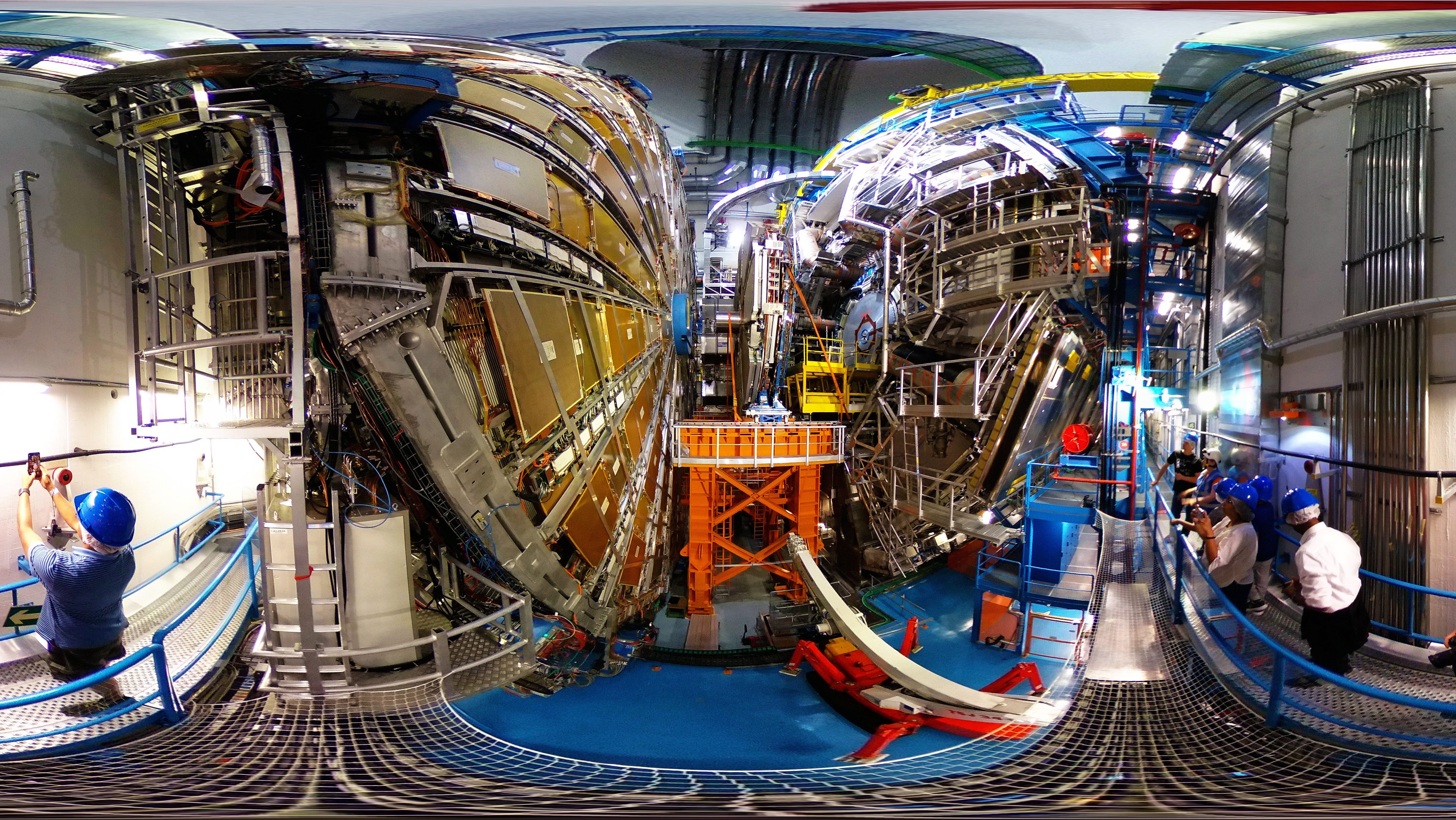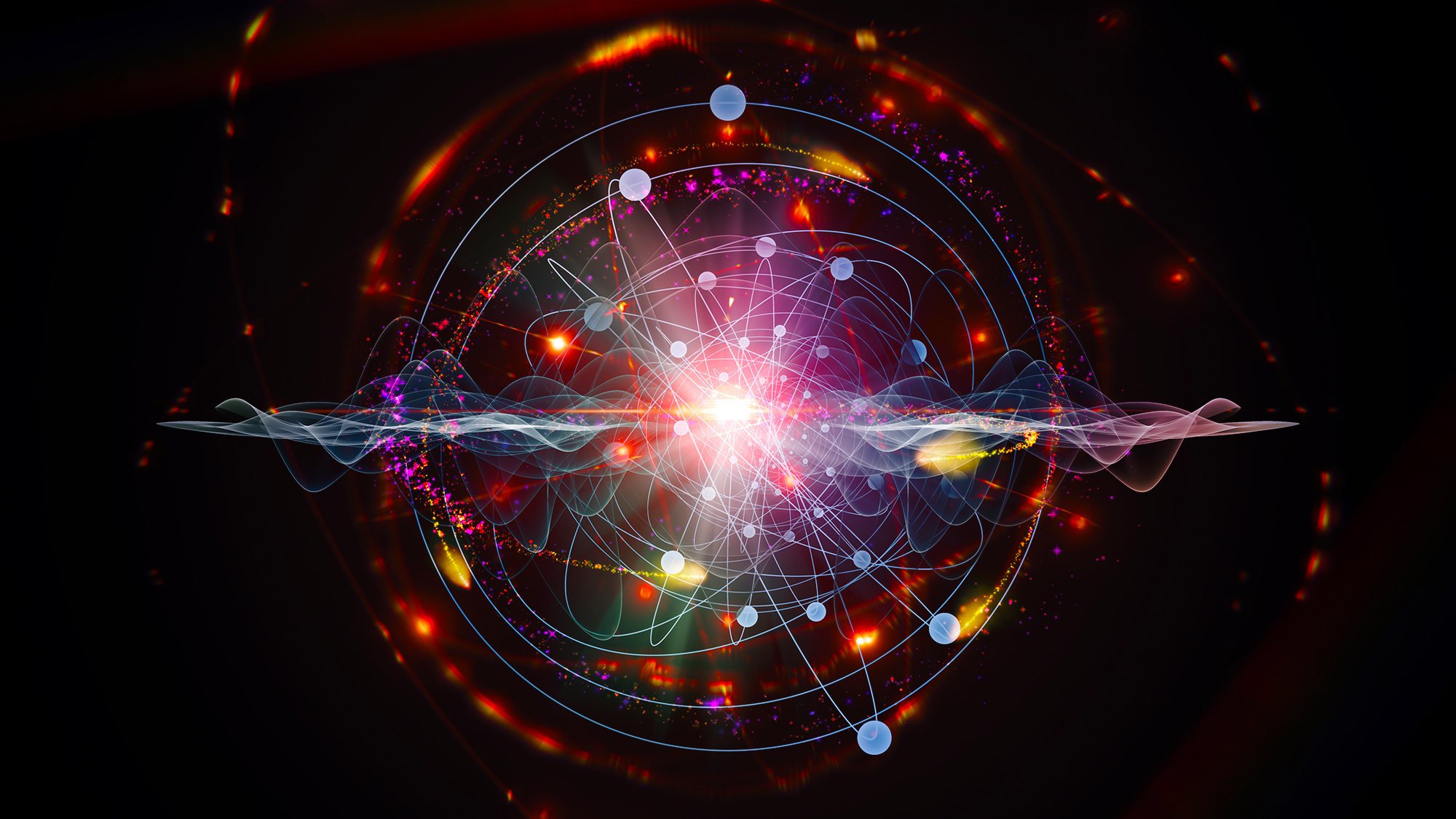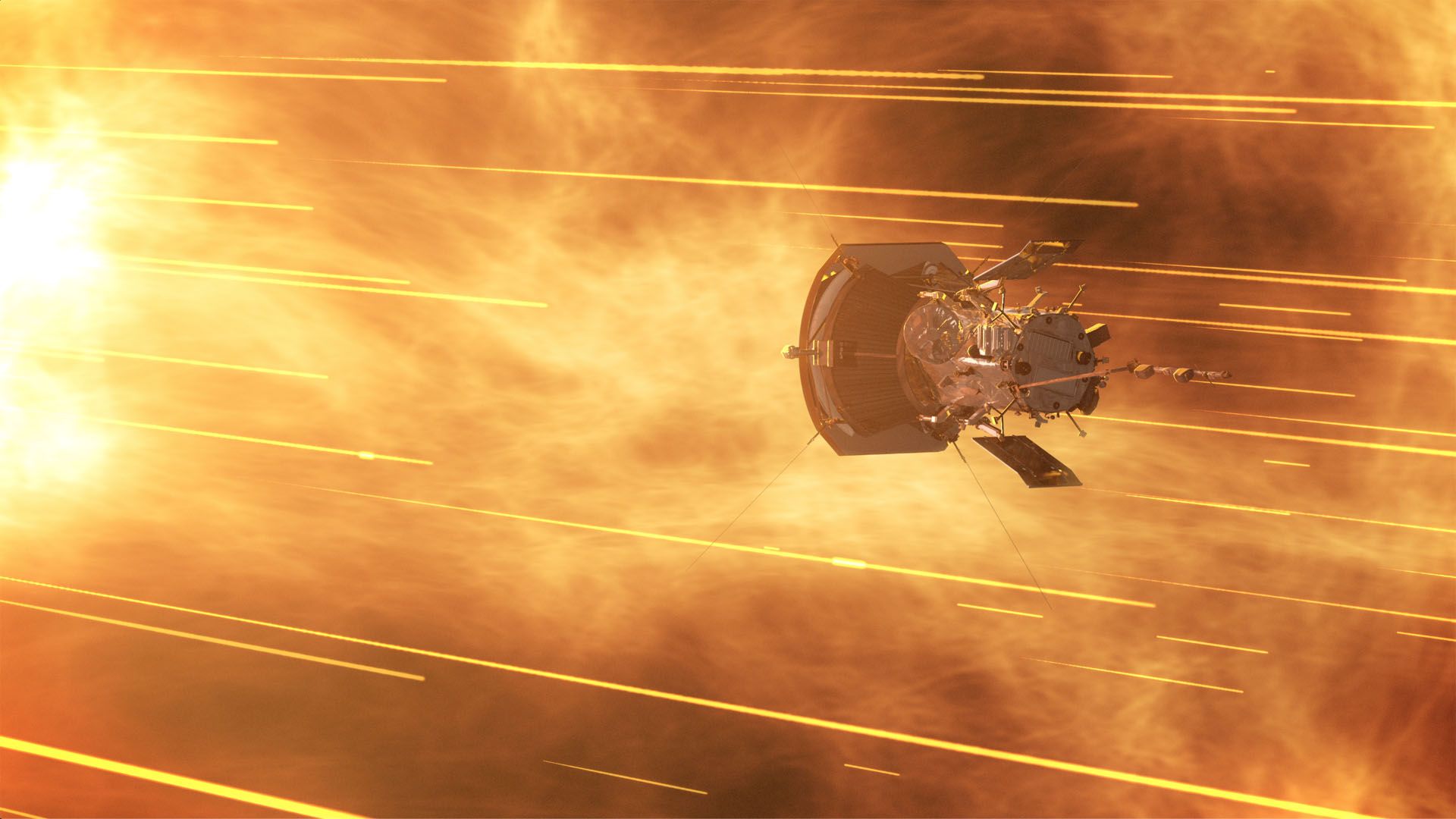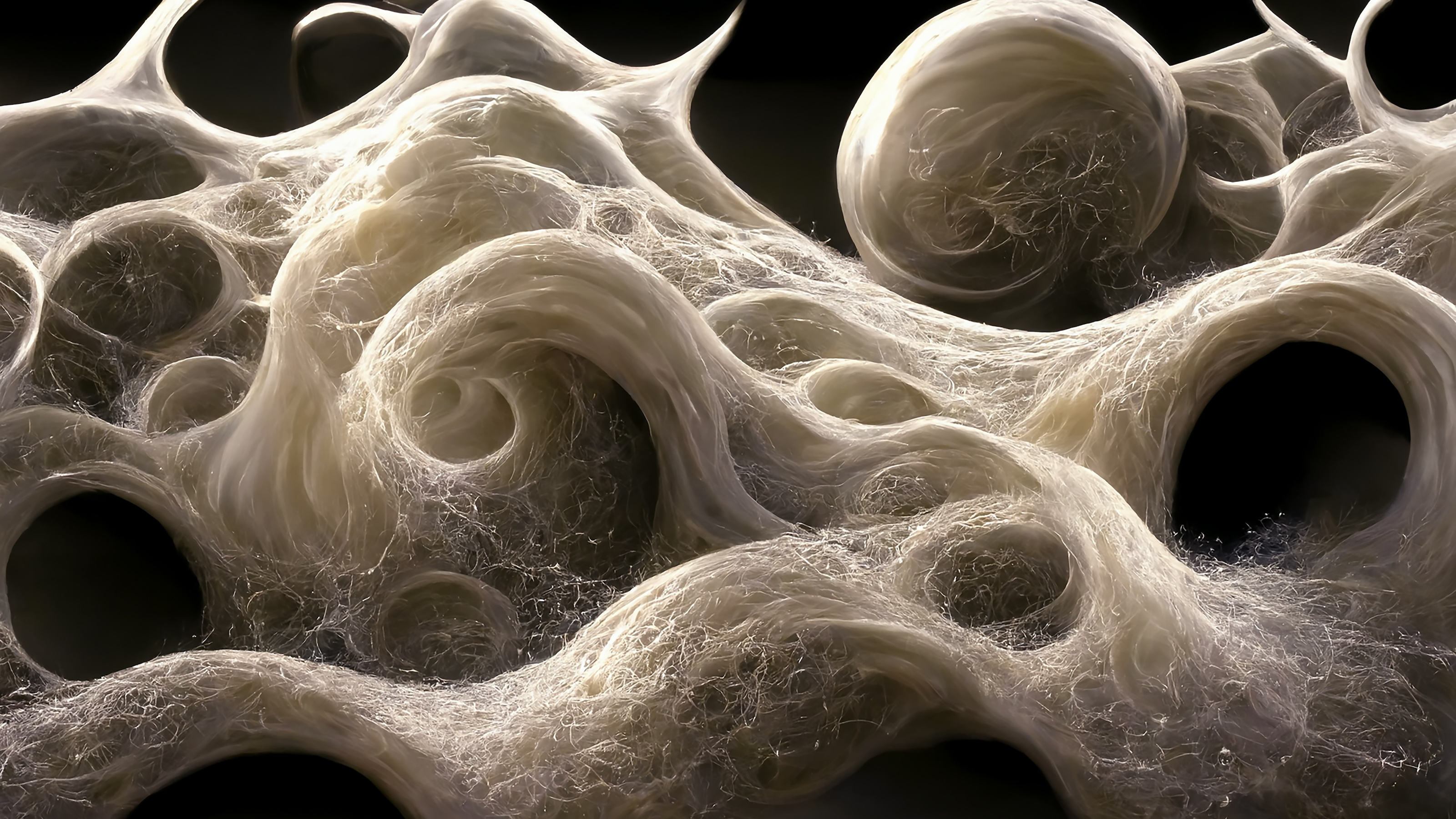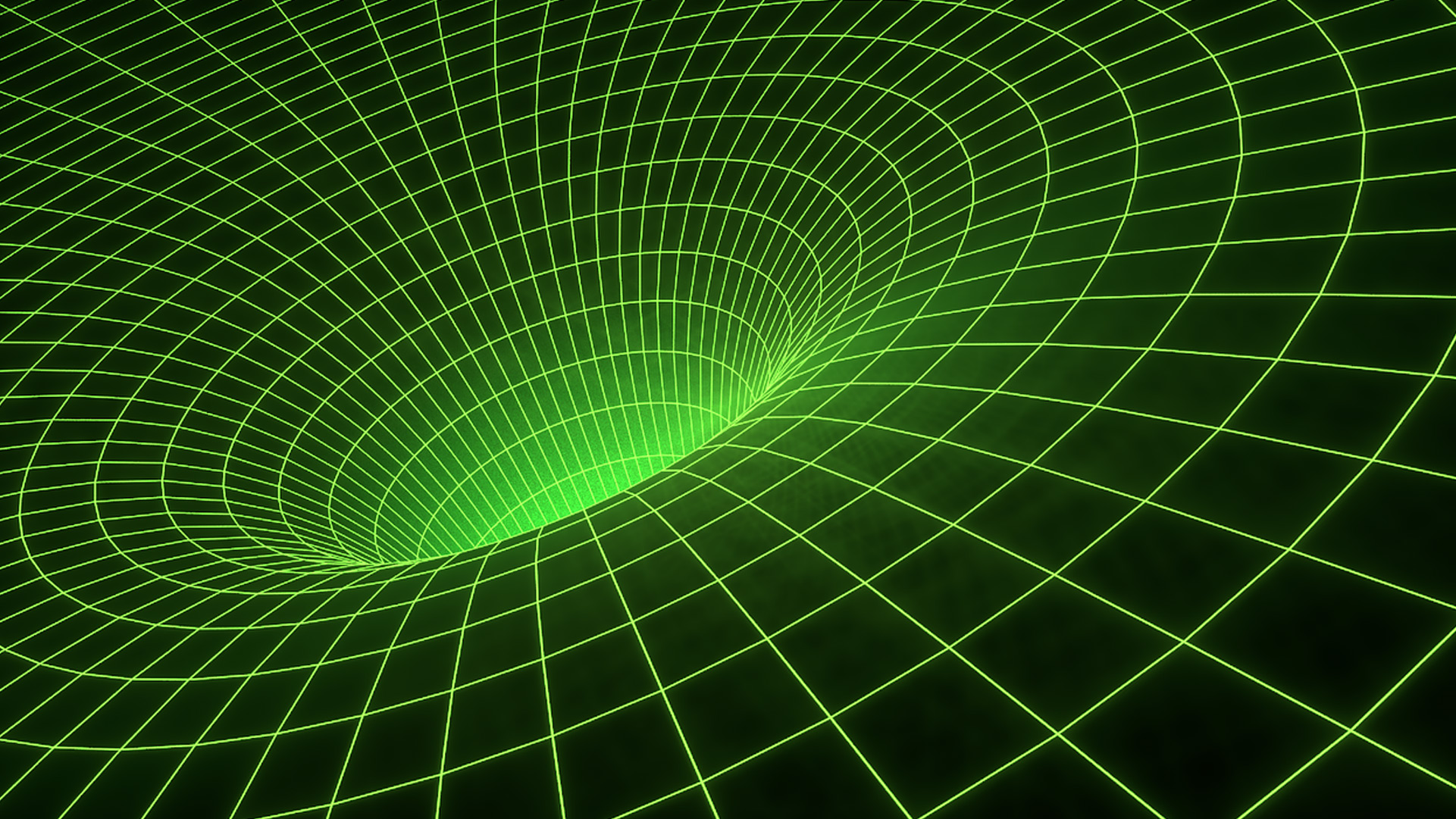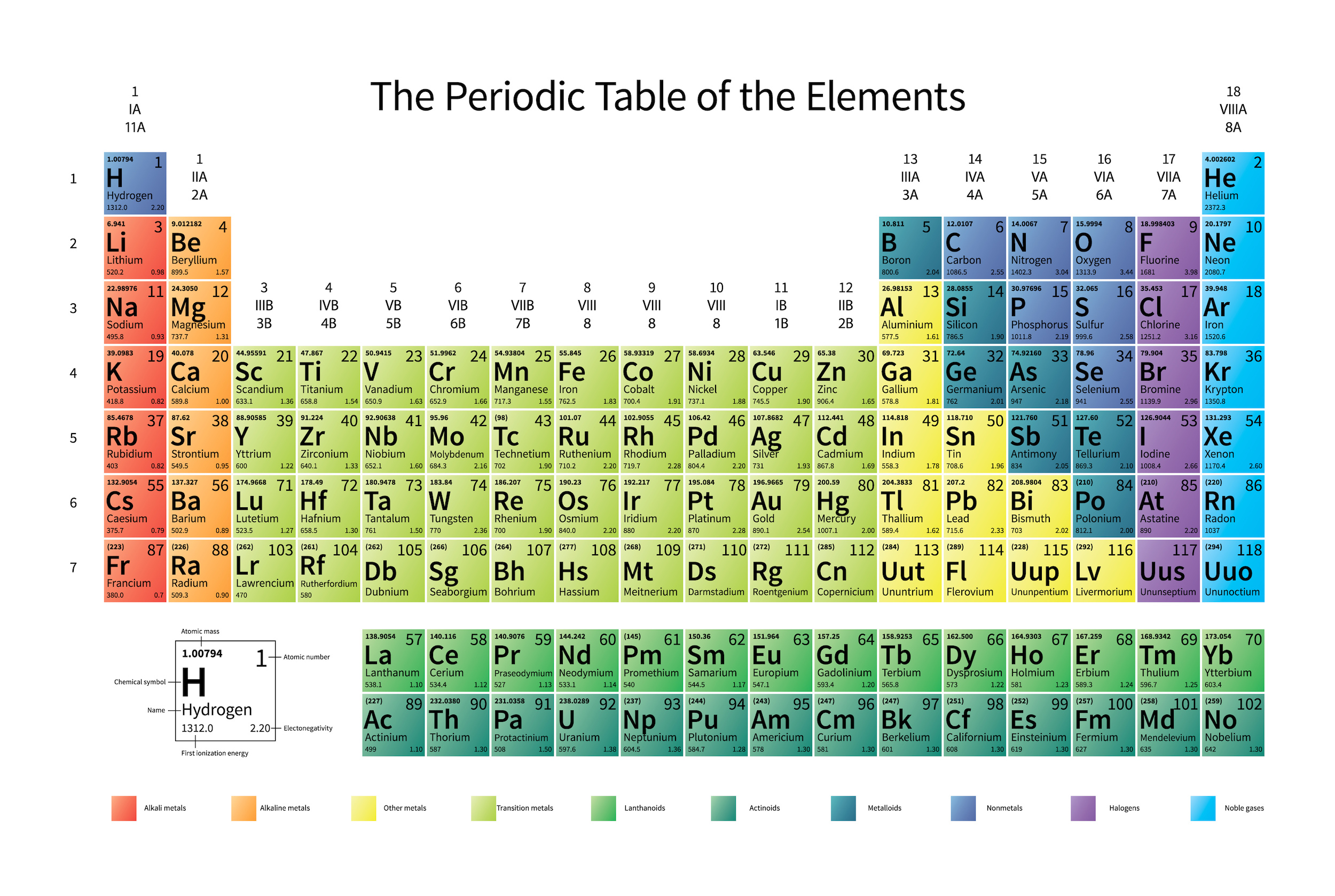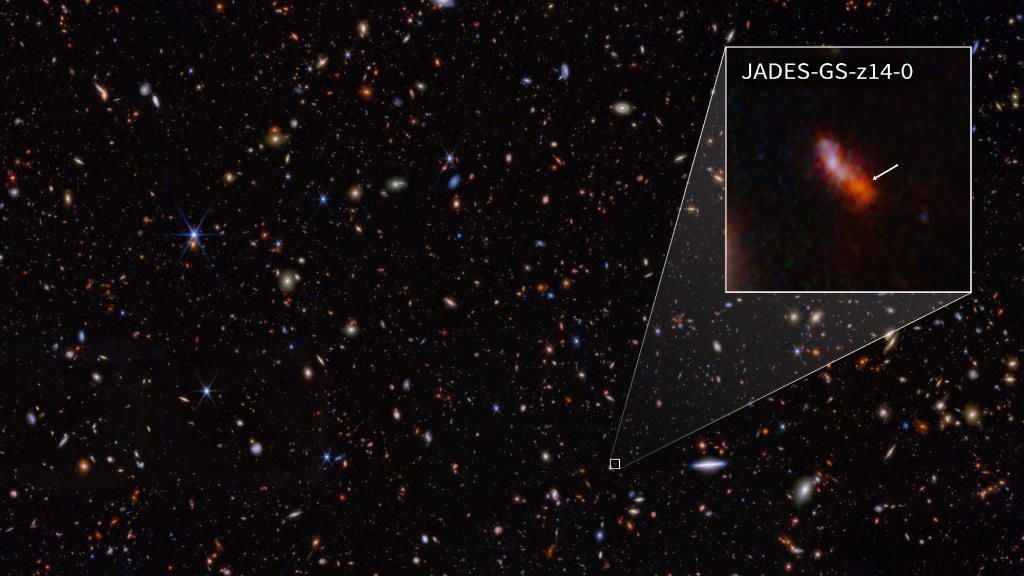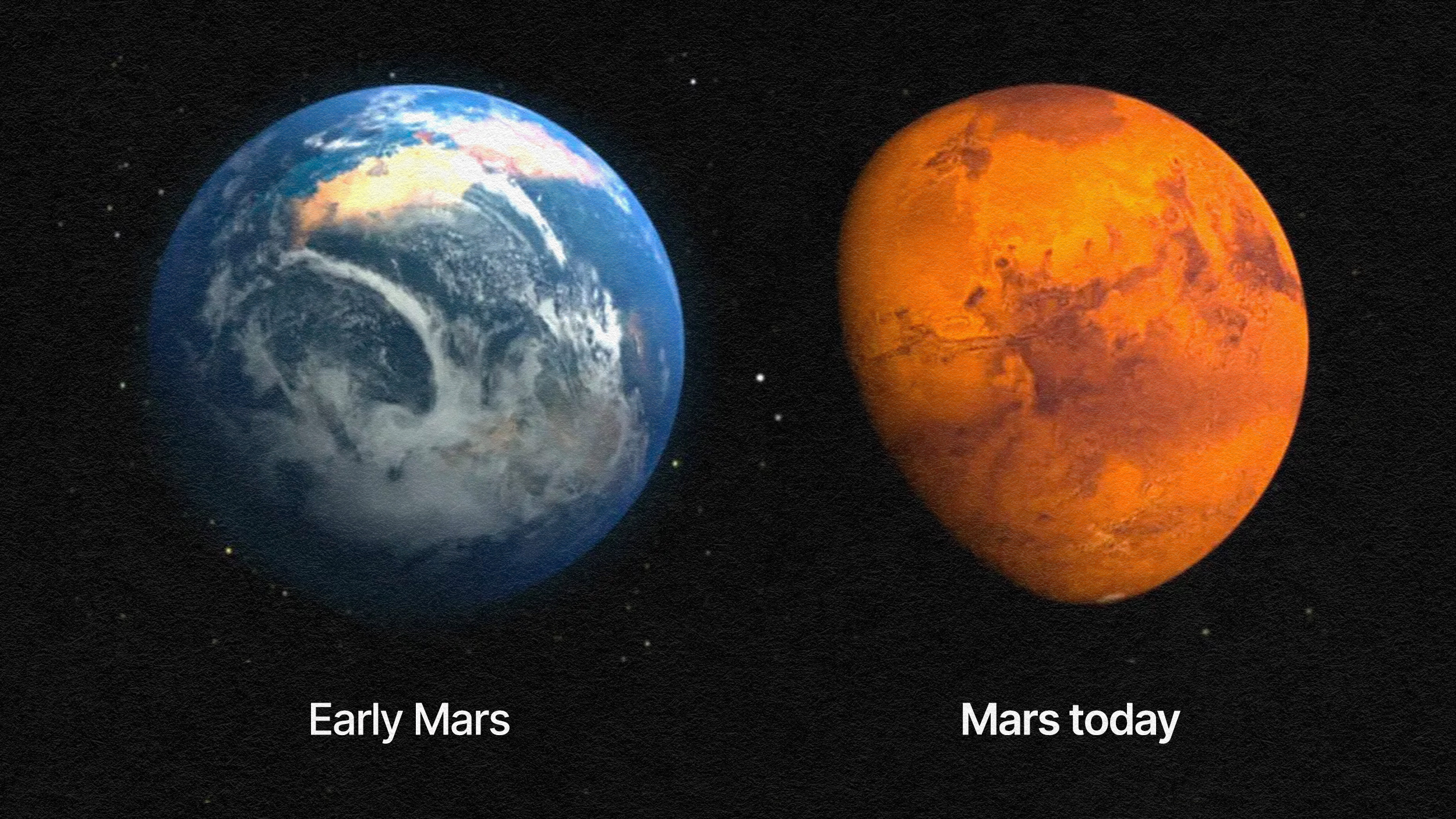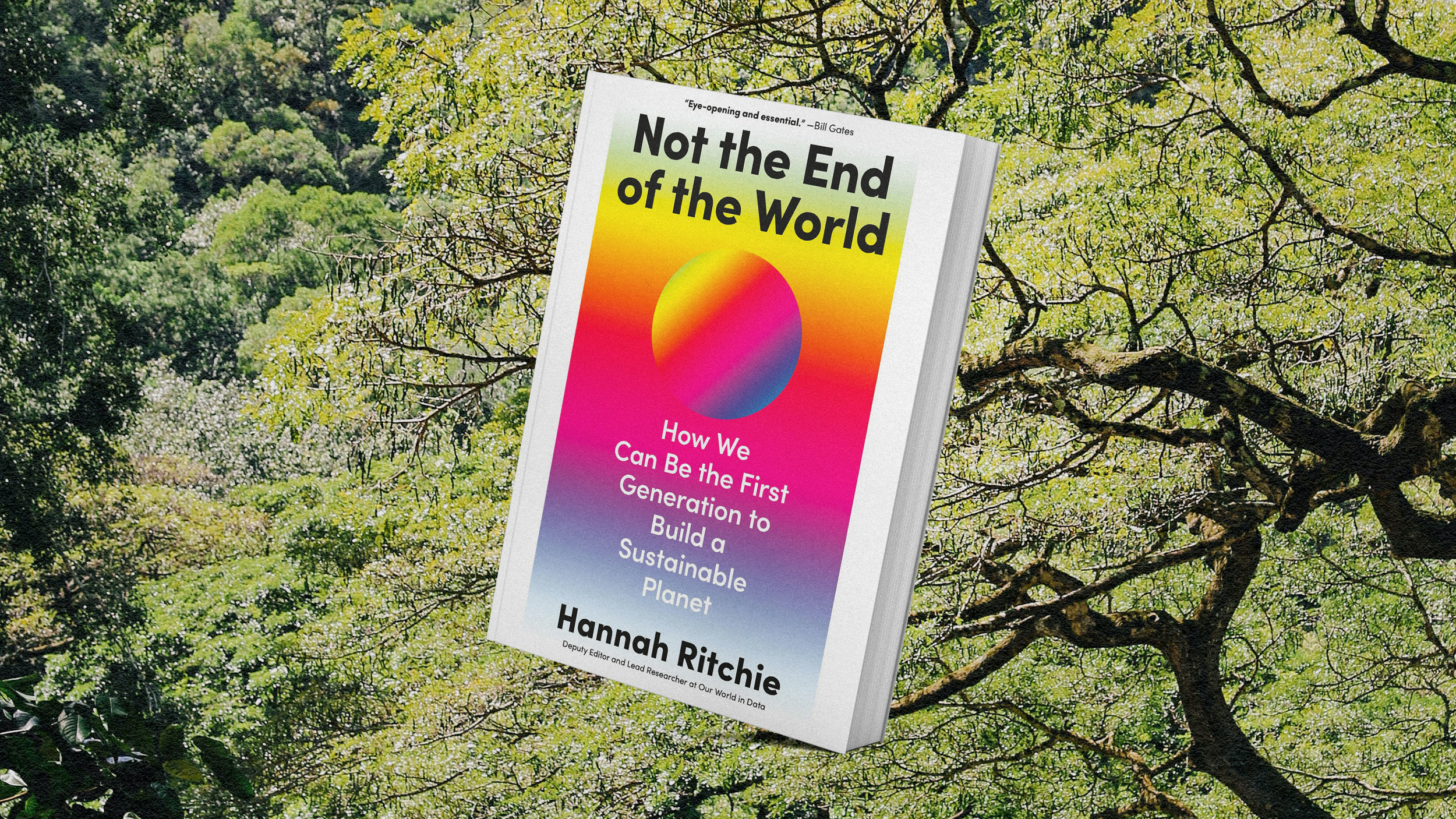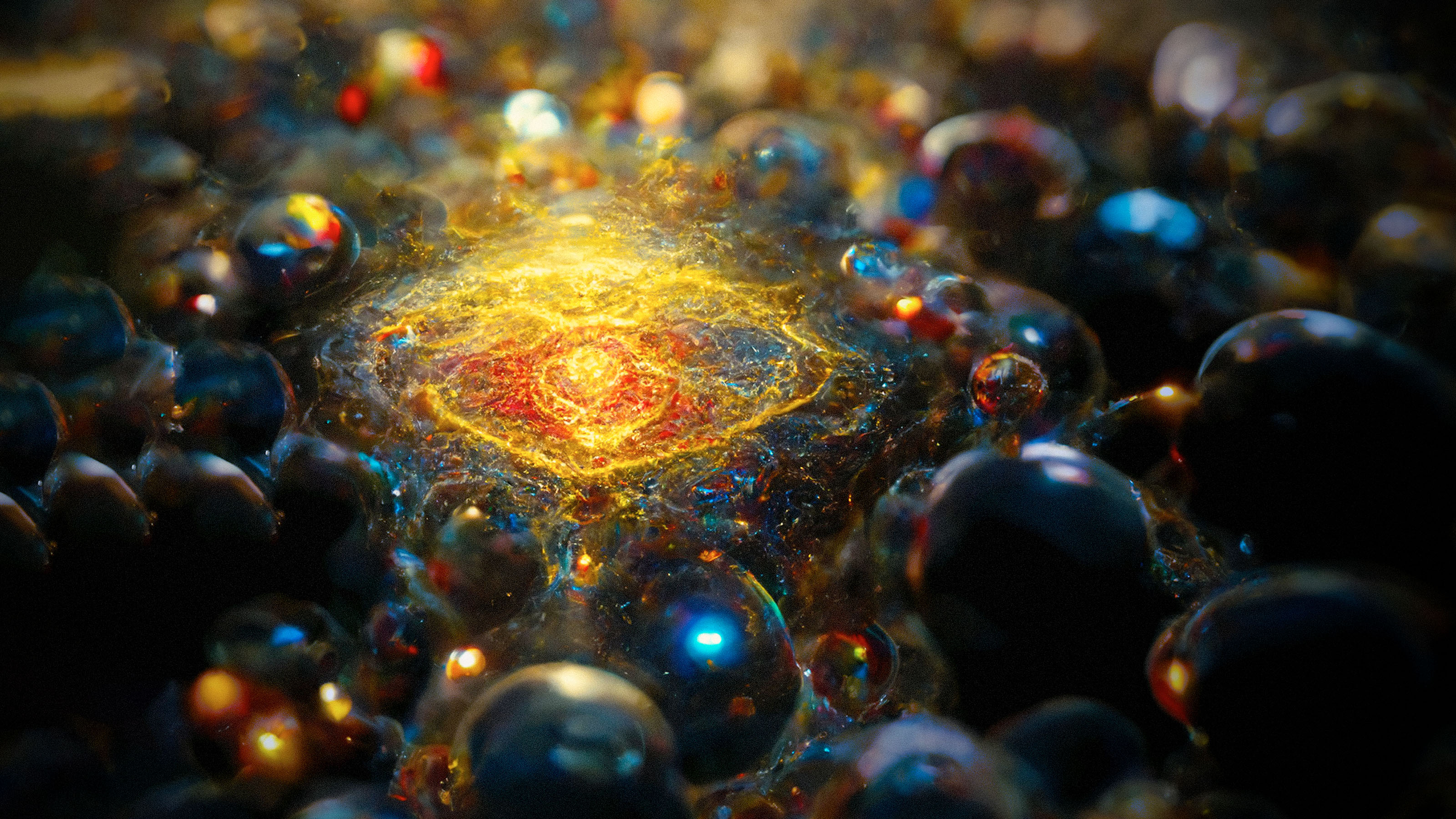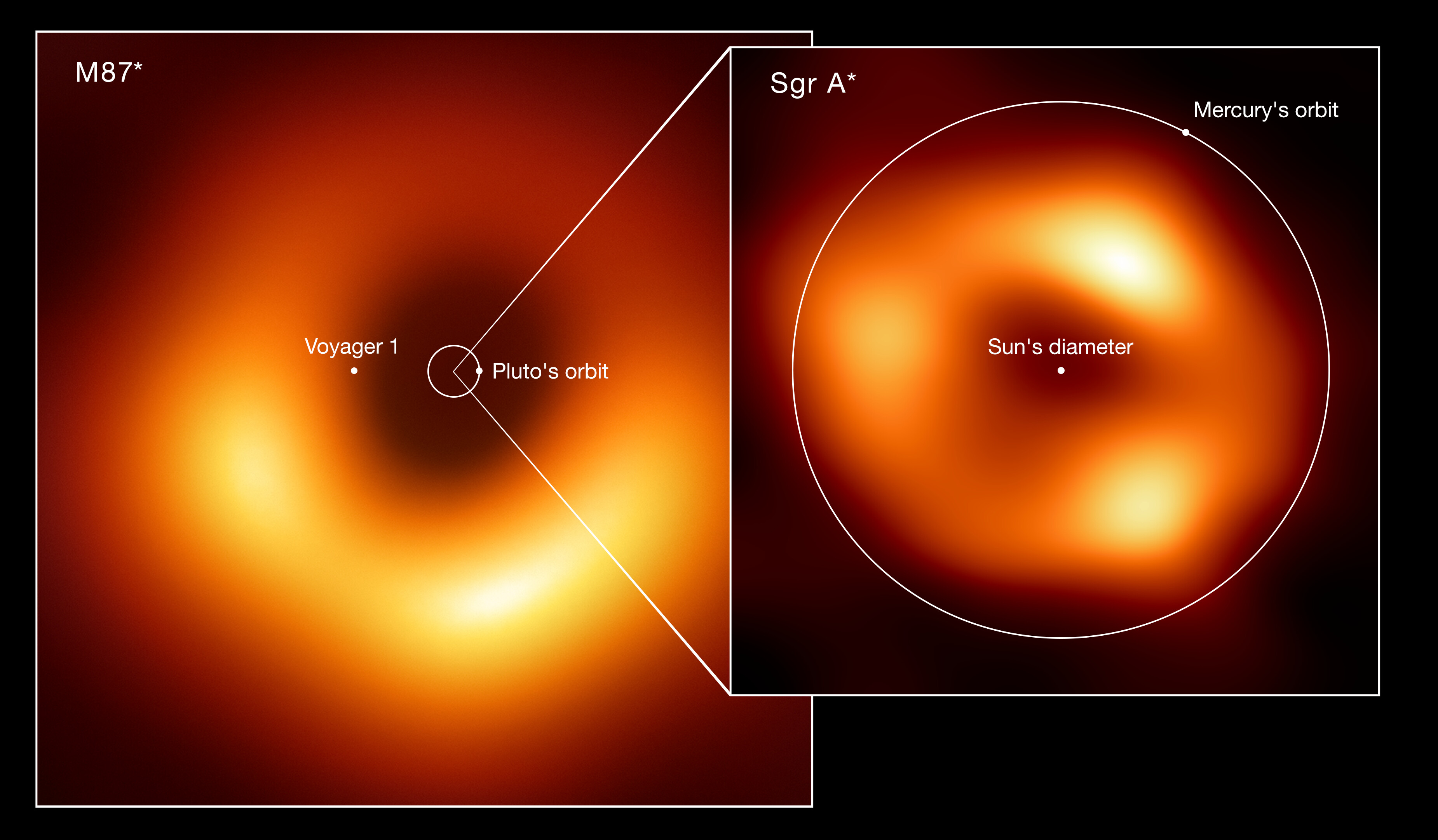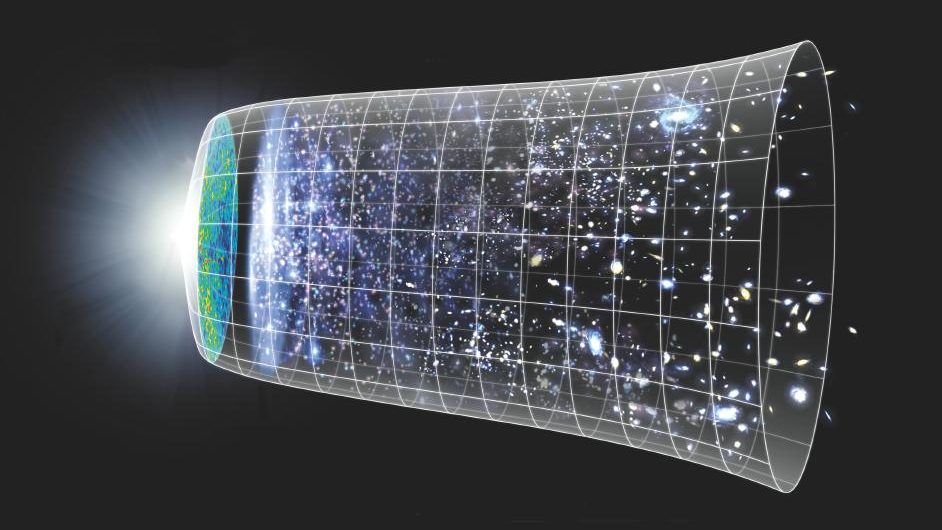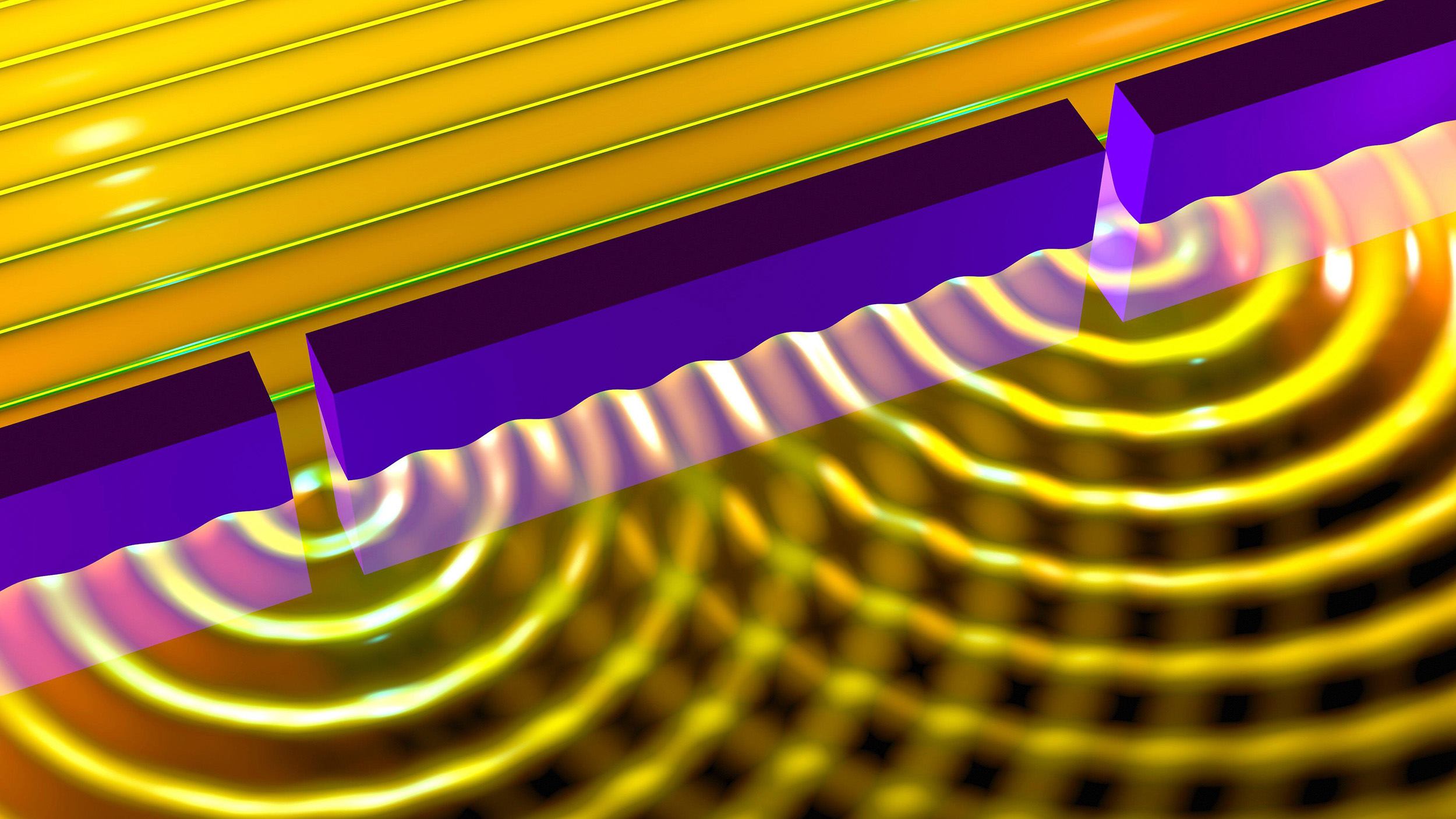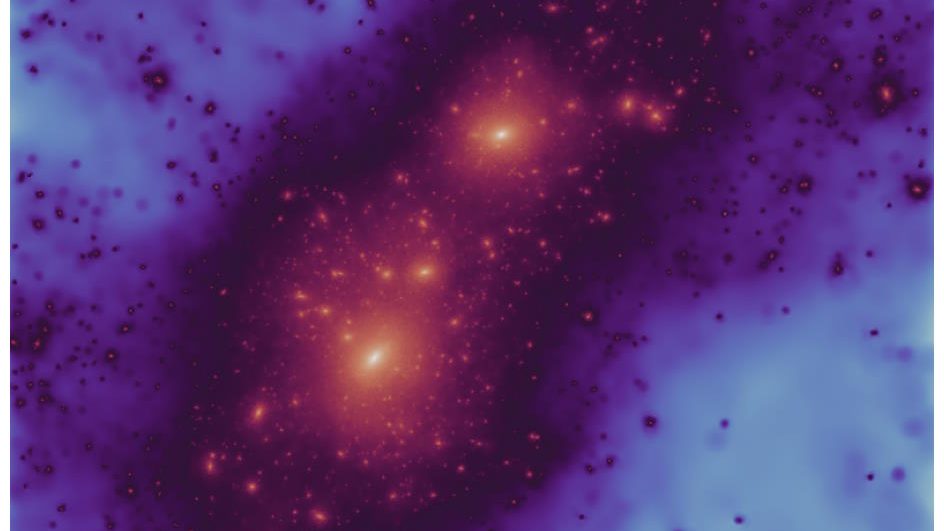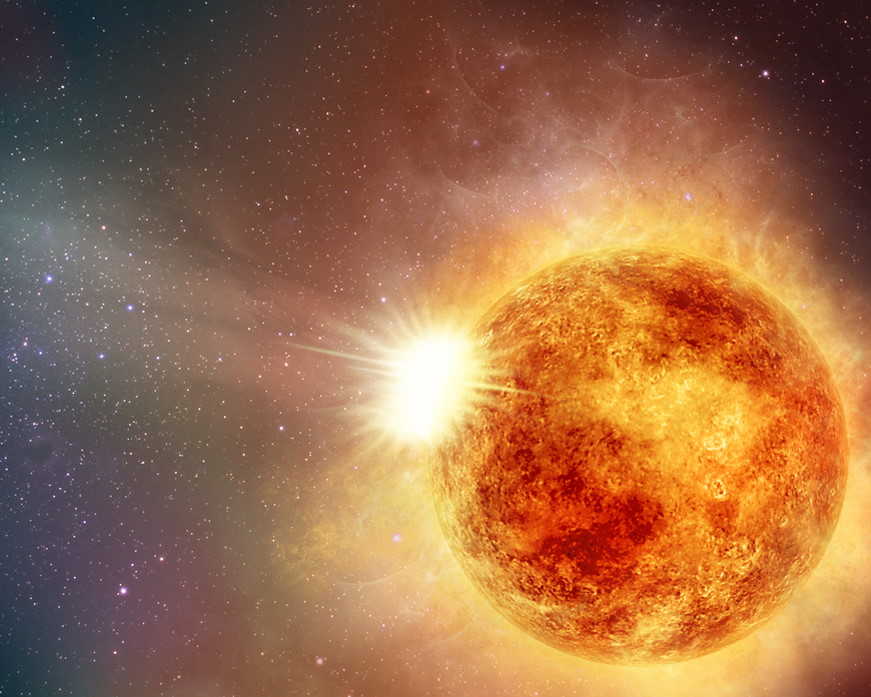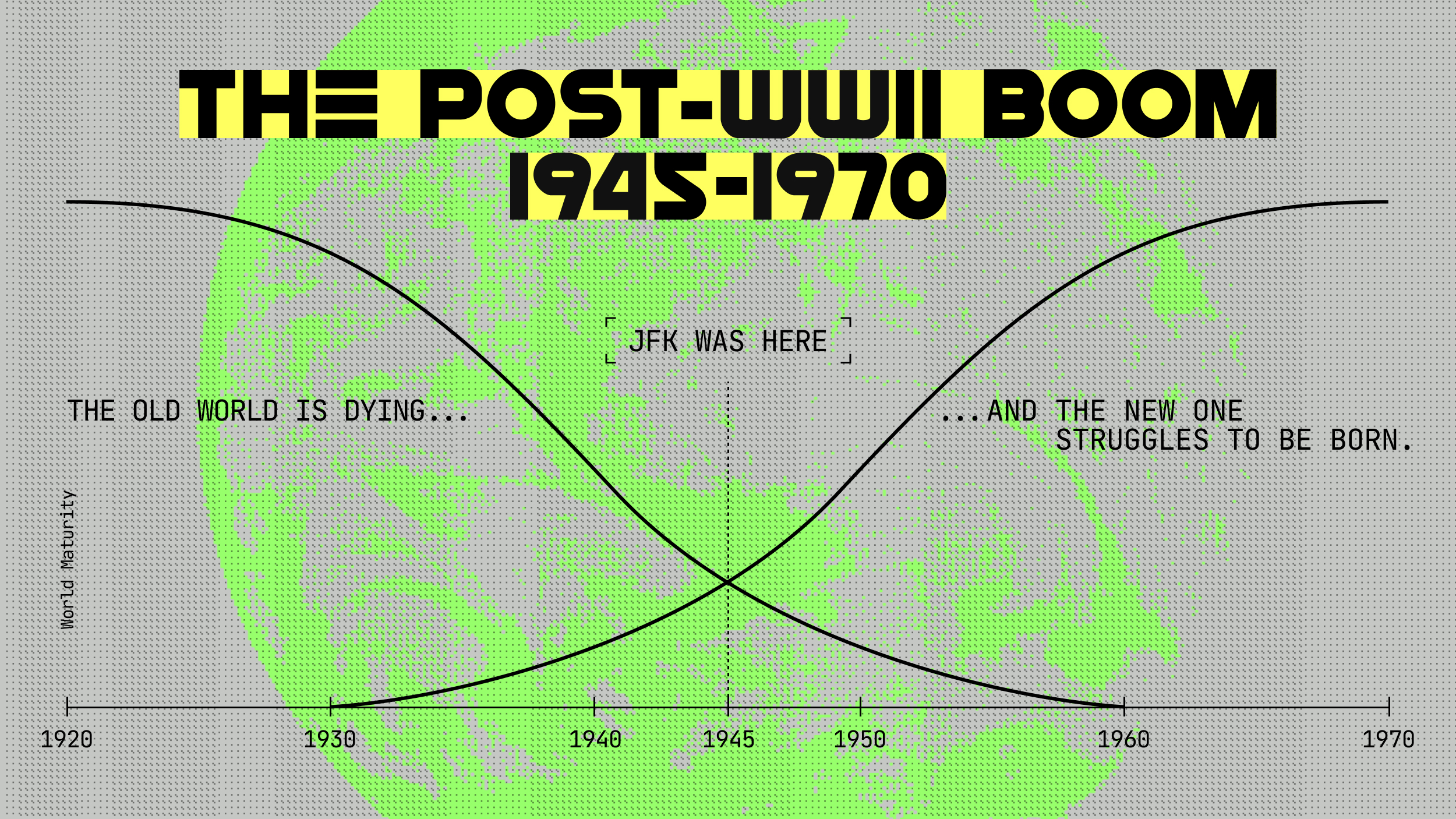We don’t know what causes Miyake events, but these great surges of energy can help us understand the past — while posing a threat to our future.
Search Results
You searched for: energy
For decades, theorists have been cooking up “theories of everything” to explain our Universe. Are all of them completely off-track?
On a cosmic scale, our existence seems insignificant and inconsequential. But from another perspective, humans are completely remarkable.
James Suzman lived with a tribe of hunter-gatherers to witness how an ancient culture survives one of the most brutal climates on Earth. His learnings may surprise you.
▸
8 min
—
with
Quantum physics is starting to show up in unexpected places. Indeed, it is at work in animals, plants, and our own bodies.
So far, Earth is the only planet that we’re certain possesses active life processes. Here’s what we shouldn’t assume about life elsewhere.
The concept of the warp drive is currently at odds with everything we know to be true about physics.
In 1974, Hawking showed that black holes aren’t stable, but emit radiation and decay. Nearly 50 years later, it isn’t just for black holes.
With new W-boson, top quark, and Higgs boson measurements, the LHC contradicts earlier Fermilab results. The Standard Model still holds.
If it weren’t for the intricate rules of quantum physics, we wouldn’t have formed neutral atoms “only” ~380,000 years after the Big Bang.
The Parker Solar Probe is about to undergo its seventh encounter with Venus on its journey toward the Sun. Here’s how fast it’ll go.
When you combine the Uncertainty Principle with Einstein’s famous equation, you get a mind-blowing result: Particles can come from nothing.
Einstein’s relativity overthrew the notion of absolute space and time, replacing them with a spacetime fabric. But is spacetime truly real?
Up until 2002, we thought that the heaviest stable element was bismuth: #83 on the periodic table. That’s absolutely no longer the case.
All telescopes are fundamentally limited in what they can see. JWST reveals more distant galaxies than Hubble, but still can’t see them all.
Mars and Earth were sister planets in many ways, with early similar conditions. Why did Mars die? The leading explanation isn’t universal.
Environmental progress is happening quickly but we must keep pushing for change.
If our Universe were born a little differently, there wouldn’t have been any planets, stars, galaxies, or chemically interesting reactions.
Since its observation discovery in the 1990s, dark energy has been one of science’s biggest mysteries. Could black holes be the cause?
If you said “with the Big Bang,” congratulations: that was our best answer as of ~1979. Here’s what we’ve learned in all the time since.
Everything acts like a wave while it propagates, but behaves like a particle whenever it interacts. The origins of this duality go way back.
We normally think of dark matter as the “glue” that holds galaxies and larger structures together. But it’s so much more than that.
Here on Earth, the Sun is our primary source of light, heat, and energy. But it also poses a grave threat to human civilization.
A new family of drugs is changing the way scientists are thinking about obesity.
If we waited long enough, would even protons themselves decay? The far future stability of the Universe depends on it.
Welcome to The Nightcrawler — a weekly newsletter from Eric Markowitz covering tech, innovation, and long-term thinking.
Americans have gone through three historic junctures like what we’re witnessing today — and they happen on an uncanny 80-year cycle.
Decades of Alzheimer’s research might have missed a cellular culprit hiding in plain sight.
Dark matter hasn’t been directly detected, but some form of invisible matter is clearly gravitating. Could the graviton hold the answer?
In our Universe, matter is made of particles, while antimatter is made of antiparticles. But sometimes, the physical lines get real blurry.
